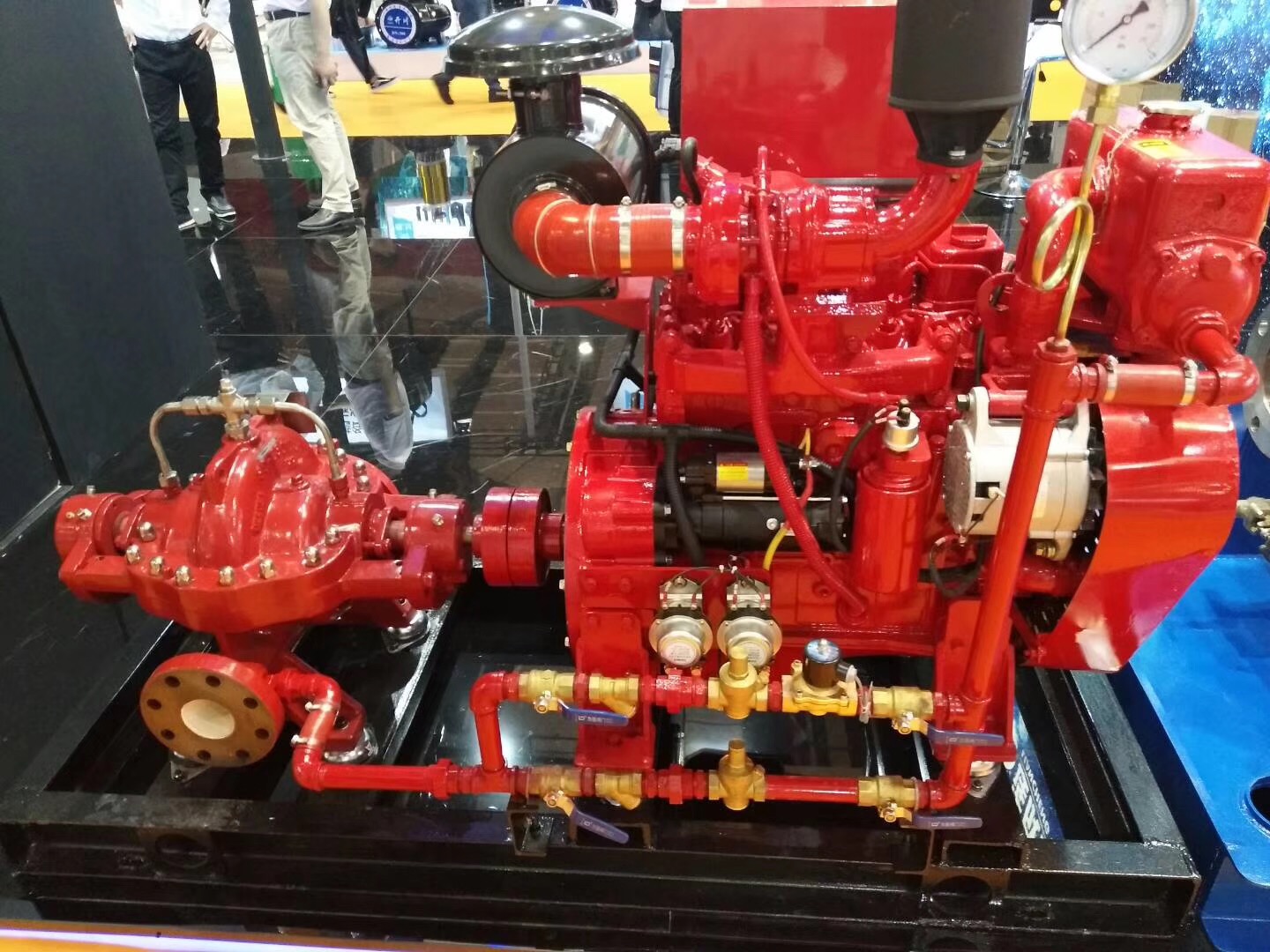TEL:
+86 13120555503
English
- Afrikaans
- Albanian
- Amharic
- Arabic
- Armenian
- Azerbaijani
- Basque
- Belarusian
- Bengali
- Bosnian
- Bulgarian
- Catalan
- Cebuano
- Corsican
- Croatian
- Czech
- Danish
- Dutch
- English
- Esperanto
- Estonian
- Finnish
- French
- Frisian
- Galician
- Georgian
- German
- Greek
- Gujarati
- Haitian Creole
- hausa
- hawaiian
- Hebrew
- Hindi
- Miao
- Hungarian
- Icelandic
- igbo
- Indonesian
- irish
- Italian
- Japanese
- Javanese
- Kannada
- kazakh
- Khmer
- Rwandese
- Korean
- Kurdish
- Kyrgyz
- Lao
- Latin
- Latvian
- Lithuanian
- Luxembourgish
- Macedonian
- Malgashi
- Malay
- Malayalam
- Maltese
- Maori
- Marathi
- Mongolian
- Myanmar
- Nepali
- Norwegian
- Norwegian
- Occitan
- Pashto
- Persian
- Polish
- Portuguese
- Punjabi
- Romanian
- Russian
- Samoan
- Scottish Gaelic
- Serbian
- Sesotho
- Shona
- Sindhi
- Sinhala
- Slovak
- Slovenian
- Somali
- Spanish
- Sundanese
- Swahili
- Swedish
- Tagalog
- Tajik
- Tamil
- Tatar
- Telugu
- Thai
- Turkish
- Turkmen
- Ukrainian
- Urdu
- Uighur
- Uzbek
- Vietnamese
- Welsh
- Bantu
- Yiddish
- Yoruba
- Zulu
Telephone: +86 13120555503
Email: frank@cypump.com
Feb . 16, 2025 04:34 Back to list
non clog sewage pump
Selecting the most efficient pump solution can be crucial, especially when dealing with waste management scenarios where clogging can disrupt operations. Non-clog sewage pumps are designed specifically to handle large volumes of waste, debris, and even fibrous materials without frequent maintenance. They are invaluable in industries where reliability and accessibility are critical, particularly in municipal wastewater treatment plants, commercial buildings, and industrial setups.
Credibility in the non-clog sewage pump industry comes from both field experience and direct testimonials. Many facilities opt for documented case studies that showcase successful implementations and reliable operations over time. These insights often reveal critical factors such as the pump's resilience under constant use, energy efficiency, and compatibility with various sewage compositions. Furthermore, manufacturers that offer comprehensive warranties and accessible customer support reinforce trust with their user base, an essential aspect for long-term operational partnerships. From a practical viewpoint, maintenance remains a significant consideration. Even though non-clog pumps are designed to minimize maintenance, regular inspections can prevent unforeseen issues. Implementing a maintenance schedule can proactively address wear and tear, ensuring continuous efficacy. Many sectors now look for smart pump solutions that integrate monitoring systems, providing real-time data to preemptively address potential problem areas, thereby enhancing both efficiency and reliability. Lastly, the environmental impact of non-clog sewage pumps cannot be underestimated. With growing concerns over sustainable practices, many newer pump models focus on energy efficiency and reduced carbon footprints. Advanced motor technologies coupled with optimized hydraulic designs result in lower energy consumption, which is not only cost-effective but also environmentally responsible. In conclusion, non-clog sewage pumps represent a sophisticated solution for waste management challenges, balancing efficiency, reliability, and sustainability. Their engineering excellence and robust design meet the challenging demands of modern waste management systems, paving the way for seamless operations and long-term environmental benefits. As industries continue to evolve, these pumps will remain pivotal in ensuring that wastewater systems are effective, reliable, and in harmony with environmental standards.


Credibility in the non-clog sewage pump industry comes from both field experience and direct testimonials. Many facilities opt for documented case studies that showcase successful implementations and reliable operations over time. These insights often reveal critical factors such as the pump's resilience under constant use, energy efficiency, and compatibility with various sewage compositions. Furthermore, manufacturers that offer comprehensive warranties and accessible customer support reinforce trust with their user base, an essential aspect for long-term operational partnerships. From a practical viewpoint, maintenance remains a significant consideration. Even though non-clog pumps are designed to minimize maintenance, regular inspections can prevent unforeseen issues. Implementing a maintenance schedule can proactively address wear and tear, ensuring continuous efficacy. Many sectors now look for smart pump solutions that integrate monitoring systems, providing real-time data to preemptively address potential problem areas, thereby enhancing both efficiency and reliability. Lastly, the environmental impact of non-clog sewage pumps cannot be underestimated. With growing concerns over sustainable practices, many newer pump models focus on energy efficiency and reduced carbon footprints. Advanced motor technologies coupled with optimized hydraulic designs result in lower energy consumption, which is not only cost-effective but also environmentally responsible. In conclusion, non-clog sewage pumps represent a sophisticated solution for waste management challenges, balancing efficiency, reliability, and sustainability. Their engineering excellence and robust design meet the challenging demands of modern waste management systems, paving the way for seamless operations and long-term environmental benefits. As industries continue to evolve, these pumps will remain pivotal in ensuring that wastewater systems are effective, reliable, and in harmony with environmental standards.
Share
Latest news
-
ISG Series Vertical Pipeline Pump - Chi Yuan Pumps Co., LTD.
NewsJul.30,2025
-
ISG Series Vertical Pipeline Pump - Chi Yuan Pumps Co., LTD.|energy-efficient fluid handling&industrial durability
NewsJul.30,2025
-
ISG Series Vertical Pipeline Pump - Chi Yuan Pumps | Advanced Engineering&Industrial Efficiency
NewsJul.30,2025
-
ISG Series Pipeline Pump - Chi Yuan Pumps | High Efficiency, Energy Saving
NewsJul.30,2025
-
ISG Series Vertical Pipeline Pump-Chi Yuan Pumps|High Efficiency&Reliable Performance
NewsJul.29,2025
-
ISG Series Vertical Pipeline Pump|High Efficiency&Low Noise
NewsJul.29,2025










